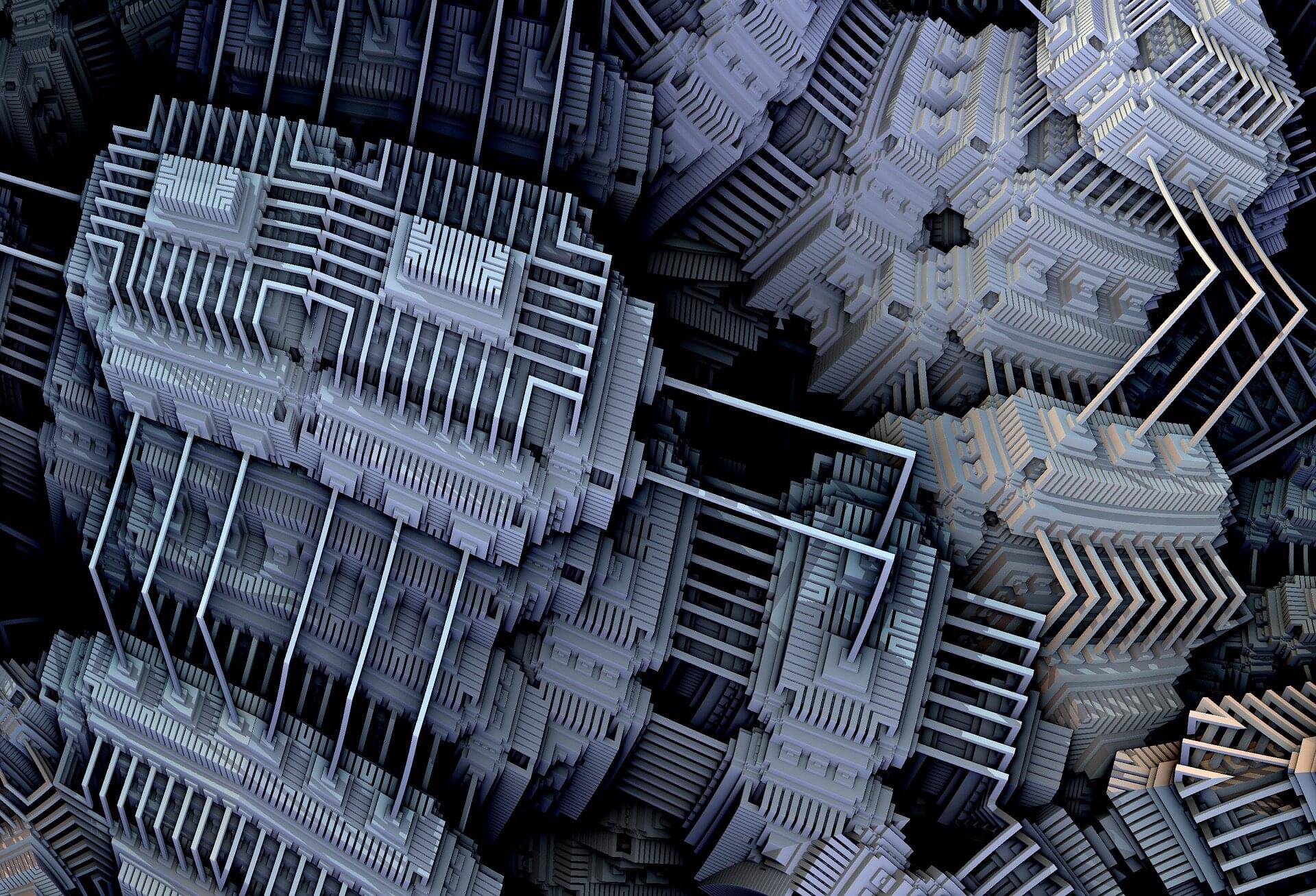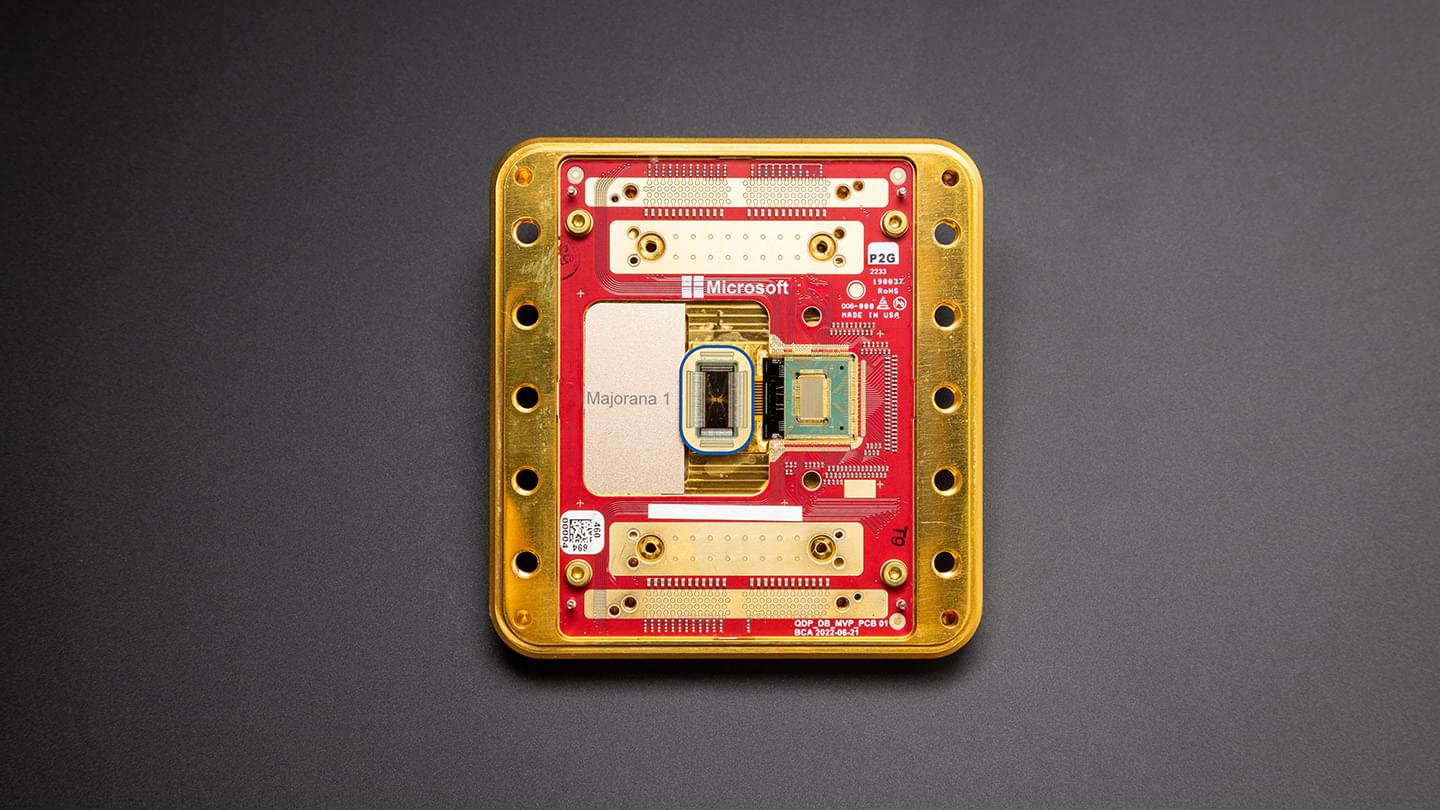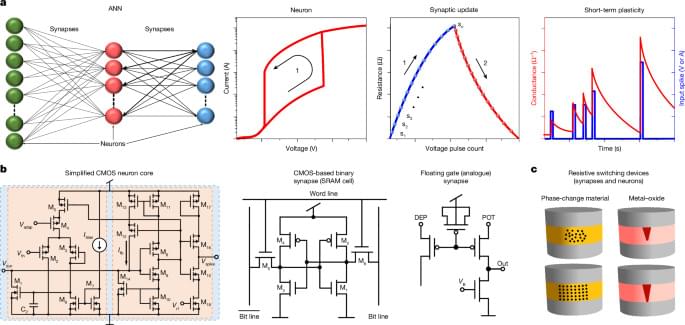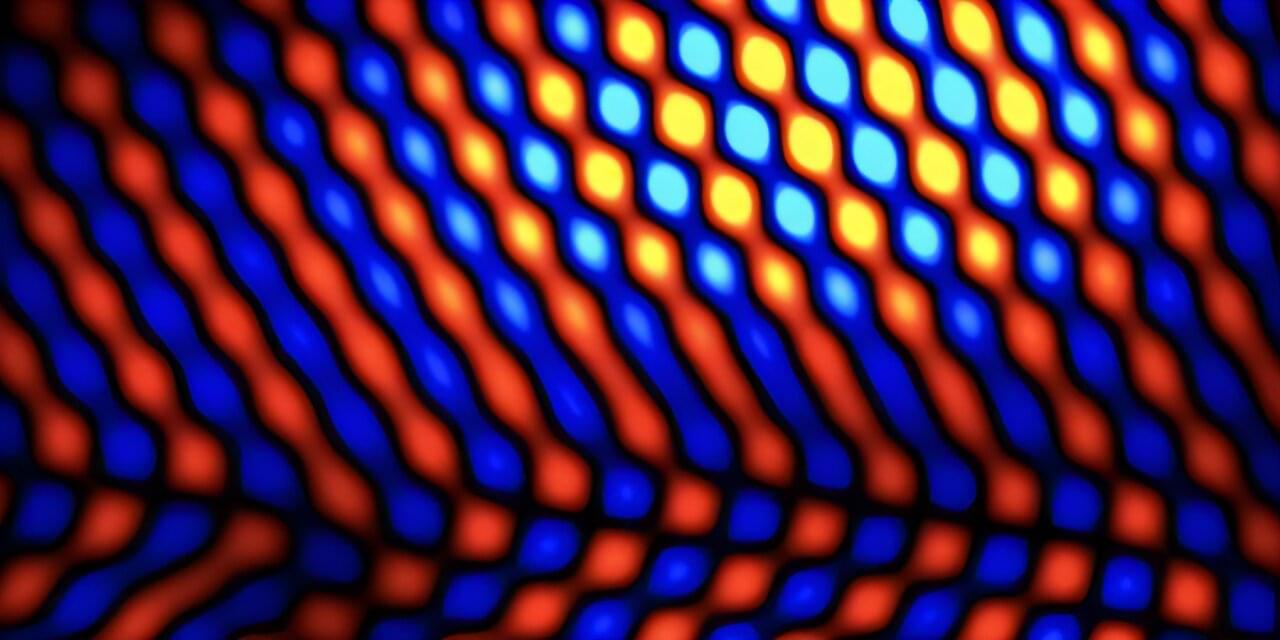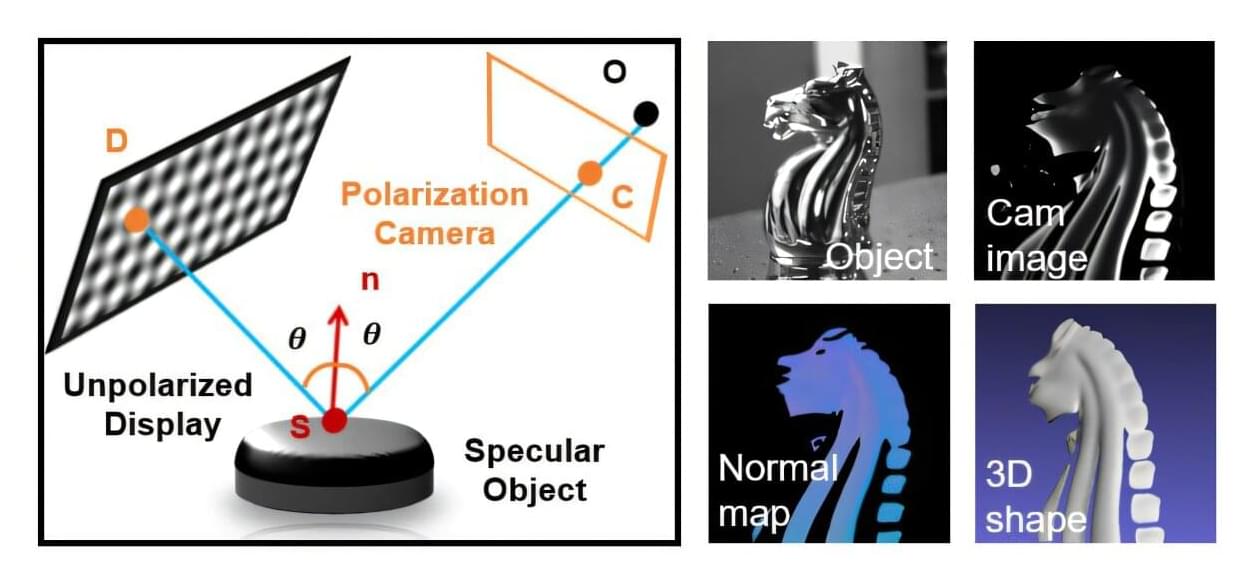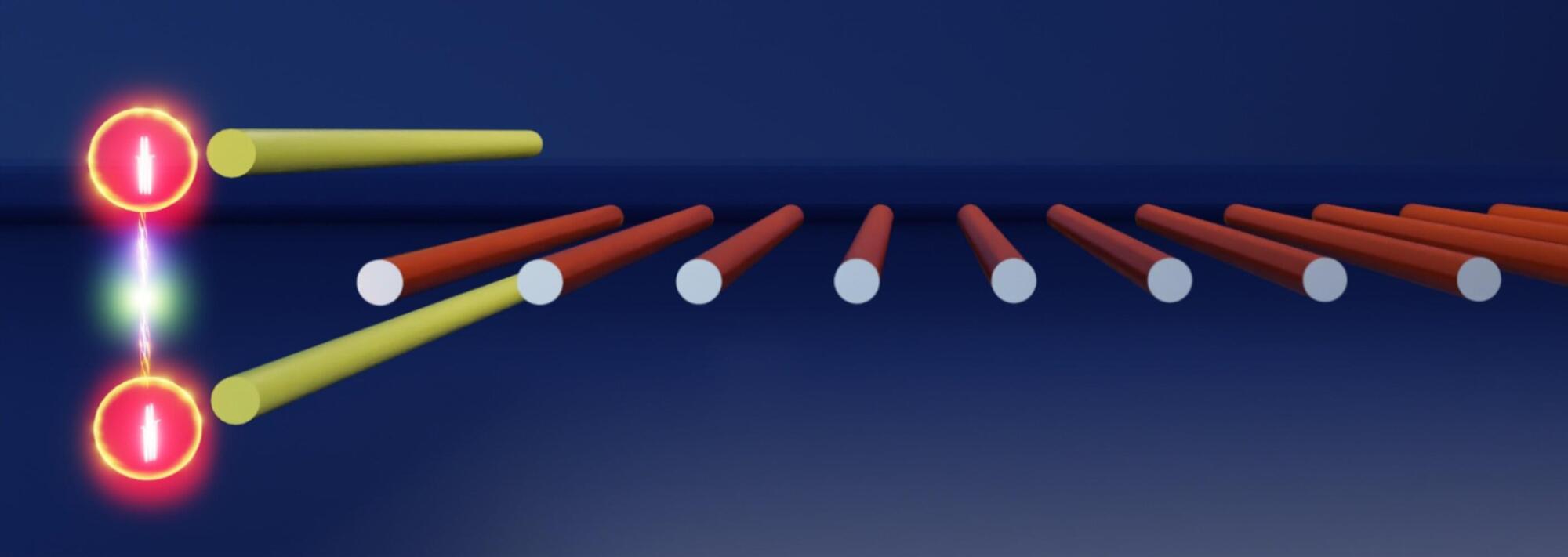More than 80 years ago, Erwin Schrödinger, a theoretical physicist steeped in the philosophy of Schopenhauer and the Upanishads, delivered a series of public lectures at Trinity College, Dublin, which eventually came to be published in 1944 under the title “What is Life?”
Now, in the 2025 International Year of Quantum Science and Technology, Philip Kurian, a theoretical physicist and founding director of the Quantum Biology Laboratory (QBL) at Howard University in Washington, D.C., has used the laws of quantum mechanics, which Schrödinger postulated, and the QBL’s discovery of cytoskeletal filaments exhibiting quantum optical features, to set a drastically revised upper bound on the computational capacity of carbon-based life in the entire history of Earth.
Published in Science Advances, Kurian’s latest work conjectures a relationship between this information-processing limit and that of all matter in the observable universe.
